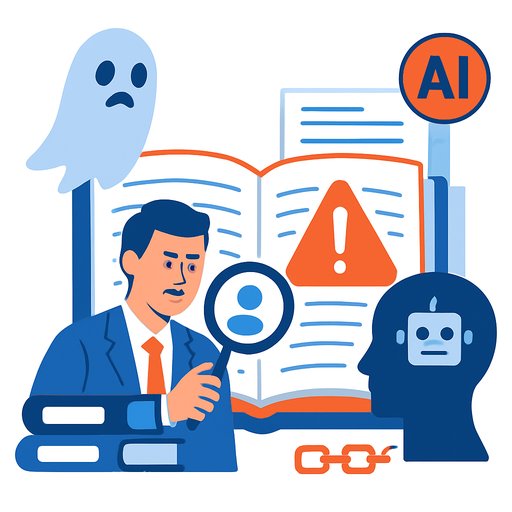University of Delaware Launches First State AI Institute to Advance Open and Transparent AI Research
The University of Delaware (UD) is establishing the First State AI Institute to promote a human-centered approach to artificial intelligence, emphasizing transparency, accountability, and public benefit. This initiative aims to develop practical tools for data analysis and task automation, while also exploring AI’s potential to improve university operations.
UD President Dennis Assanis highlighted the significance of this new institute, noting it as a major step in advancing AI research and infrastructure. The institute aspires to become a national example of AI applied ethically and effectively in research and education.
Strategic Location and Collaborative Resources
The institute will be based at the FinTech Innovation Hub on UD’s STAR Campus, positioned near two key AI entities: the Data Science Institute and the AI Center of Excellence. These centers support interdisciplinary research, large-scale proposals, and high-performance computing, anchoring the institute’s research initiatives. This proximity enhances collaboration and expands UD’s influence in AI research discussions nationwide.
Commitment to Open-Source and Transparent AI
Dr. Sunita Chandrasekaran, who will lead the First State AI Institute, emphasizes creating AI models that are open-source and tailored to specific needs rather than relying on opaque, proprietary systems. “We want AI to serve people, not mystify or displace them,” she said. This approach prioritizes trust, transparency, and human oversight in AI development.
With funding from the Unidel Foundation, the institute plans to design specialized AI hardware to support customized models that ensure data security and privacy. This infrastructure will integrate with existing AI resources and support teaching, research, and university administration.
Support Through Research Software Engineers
A key component of the institute’s strategy is leveraging Research Software Engineers (RSEs), professionals who translate scientific goals into functional code and algorithms. Dr. Chandrasekaran leads the Democratizing Access to Research Software Engineering (DARSE) program, funded by the National Science Foundation, which develops a pipeline of skilled RSEs through training and certification.
These RSEs will assist researchers across all disciplines in discovering how AI can accelerate their work by developing customized AI software tools. “A big goal is to simply open that door for them,” Chandrasekaran said, highlighting the value of hands-on exploration supported by RSEs.
Practical AI Applications for University Operations
The institute will also explore AI applications that streamline university processes. For example, it plans to develop a “compliance checker” to identify missing elements or formatting errors in research proposals before submission, improving efficiency and reducing administrative burdens.
Despite the enthusiasm for AI, Chandrasekaran is clear about its limitations. She stresses that human involvement remains essential, especially since many AI models rely on data that may be unreliable or poorly understood. The institute’s focus is on building systems where trust, transparency, and oversight are fundamental.
Experienced Leadership and Growing Team
Dr. Sunita Chandrasekaran, who holds the David L. and Beverly J.C. Mills Career Development Chair in UD’s Department of Computer and Information Sciences, brings international expertise in AI and high-performance computing. Her leadership includes co-directing UD’s AI Center of Excellence and advising the U.S. Department of Energy on scientific computing.
She is joined by Rudi Eigenmann, Distinguished Professor of Electrical and Computer Engineering, and John Huffman, director of IT-Research Infrastructure, forming the institute’s leadership team.
Two Research Software Engineers have already joined the institute, including Kevin Bhimani, a recent physics PhD graduate who has experience building AI models for nuclear physics. Bhimani values the role for its interdisciplinary problem-solving opportunities and its potential to enable researchers without deep technical skills to create AI solutions.
Conclusion
The First State AI Institute at the University of Delaware represents a deliberate effort to advance AI research with an emphasis on openness, practical impact, and ethical use. By combining specialized hardware, skilled personnel, and a collaborative environment, the institute aims to support researchers across disciplines and improve both scientific discovery and university operations.
For professionals interested in enhancing their AI skills and understanding its applications in research, exploring targeted AI training can provide valuable insights and practical tools. Resources such as Complete AI Training's latest AI courses offer accessible paths to deepen expertise.
Your membership also unlocks:






